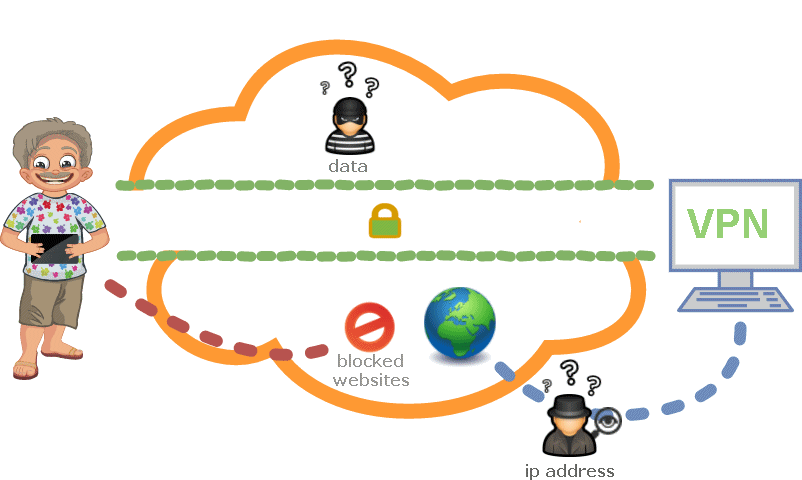

OpenVPN uses client-server connection to provide secure communication between the client and the internet. The server side is directly connected to the internet and client connects with the server and ultimately connects with the internet indirectly. On the internet, the client is shown as the server itself and it uses the physical location and other attributes of server that means the identity of client is perfectly hidden.
OpenVPN uses OpenSSL for encryption and authentication process and it can use UDP as well as TCP for transmission. Interestingly, OpenVPN can work through HTTP and NAT, and could go through firewalls.
In Short, OpenVPN is popular because of numerous reasons, but mainly it : -
- hides your original IP address
- allows you to access websites blocked by your local Internet Service Provider and Hotspot providers
- allows you to watch a local TV program when you are in a foreign region
- can work over ports 80/443 which public websites normally listen on and which Hotspot Providers are not able to *block
* An extra premium is required with some hotel hotspot providers to make a L2TP/IPSEC connection to your corporate office/home, for example.
OpenVPN uses either pre-shared key, combination of user name and passwords or certificate to authenticate peers connected via OpenVPN and its major characteristics are its extensive support and strong features.

CLIENT |

SERVER |